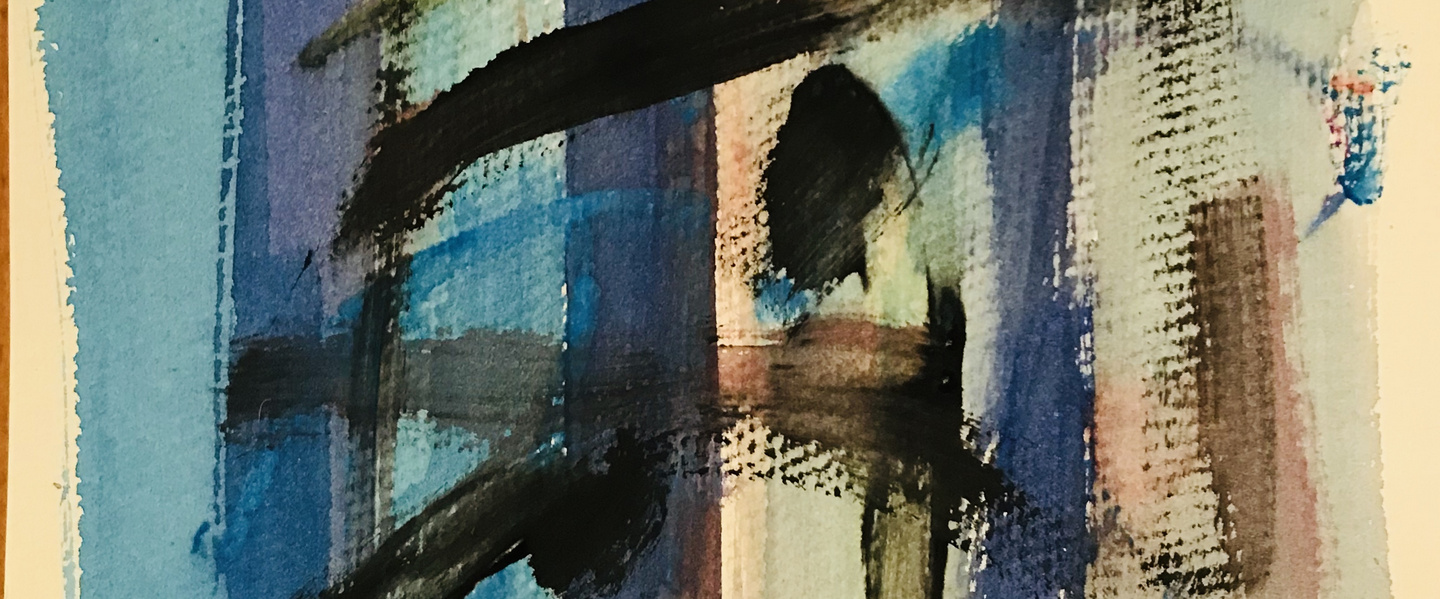Time is the fundamental ontological dimension which structures our intellectual and practical relationship to the world. Confinement in Rabastens, a small village in Tarn, in Occitania, was articulated around a time that seemed to unfold too quickly to allow me to instigate a relationship to others and to things, to provide me with meaning. We were passing, an infinite passage made of moments in the extension of the mind, without knowing until when. We were suspended, inert, trying to maintain a routine that had become unbearable under the constraints of confinement. The faintest sound from the wood of the house seemed to deprive us of our intimacy.
My return with friends to Paris after two months of confinement in the countryside turned a two day car trip into both a liberation and a nursery for new worries.
In On Rhetoric, Aristotle defines fear “as a sort of pain and agitation derived from the imagination of a future destructive or painful evil” (On Rhetoric, II, 5). It is the fear—which affects the imaginary—that we experience while living our daily life, not knowing whether we are victims or executioners, and that we experience while listening to political speeches. According to traditional Greek mythology, fear was first a divinity, Phobos, and its representation was linked to warfare. Even if a kind of rhetoric of warfare is coming back in political discourse, we are not at war. With no police inspections along the way, the return takes us across the threshold, from green in the south to red in the north, that warns us of danger. From the province of bricks and unconsciousness, from nature ordered by the human hand, the winemakers, intensive agriculture and small local cooperatives, to the crazed slate of Parisian rooftops and the frenetic rhythm of days.
Walter Benjamin thought of the city as the theoretical place par excellence, a place to practice one’s own critical gaze. He would have wondered about the historical clue contained in the images of our confined cities, where collective songs through Italian windows and applause in support of the medical personnel accumulate, despite the yoke of the media-induced terror of control societies into which the legitimation of a more limited freedom is settling. If freedom is realized in our relationship to the world, it is perhaps urgent to rethink the world and the space of democracy.
Marcel Mauss would have defined this pandemic as a “total social fact,” an event which challenges all the essential markers of our anthropocentric and post-industrial capitalist era. How do we measure the psychological, ethical, and political consequences of the pandemic? How do we read this generalized securitizing answer to the public health crisis? Necessary to save lives, it is the most evident symptom of an overall malaise.
It has become evident how important public health is to us. The political dimension of the disease scared us, with its daily tally of the dead, and yet, the feeling that something of death was hidden from us is contradicted by the omnipresence of the cemeteries that are woven into the urban fabric of the small southern French town. Fragility, the limit between life and death, seized us, just like the division of beings by age or by productivity relative to the weakest layers. We are told that life is unthinkable without technique. Is that really the case?
During the first days of de-confinement, back in Paris, hard gazes weigh down on the people promenading in the street and penetrate their mask. The virus affects social bonds and evokes mutual mistrust by its diktat of social distancing. The new rule for “living well together” is separation.
While Dostoevsky declared that “we are all responsible for everything and everyone in the eyes of all,” we should be so by sharing. Writing can contribute to sharing when the writer – engaged, as Sartre exhorts us, in the world of language, naming and transforming – turns the essence of writing into an experience of freedom. Philosophy and literature can become actors that resist the violence of the present, actors of re-composition and re-sensibilization with regard to singularities in a way that allows, through understanding, the restoration of community. Writing goes further than non-coincidence and the untimely nature of contemporaneity, to think about political and social stakes. It creates a space of freedom and encounter beyond all confinement of thought, to nourish the imagination of each of us like “a plant, which requires earth and sky, substance and form.”


